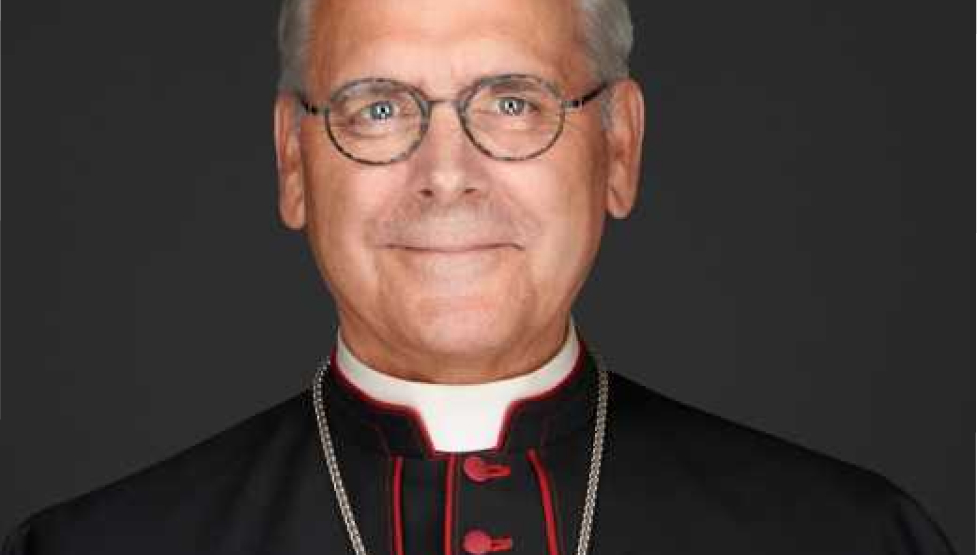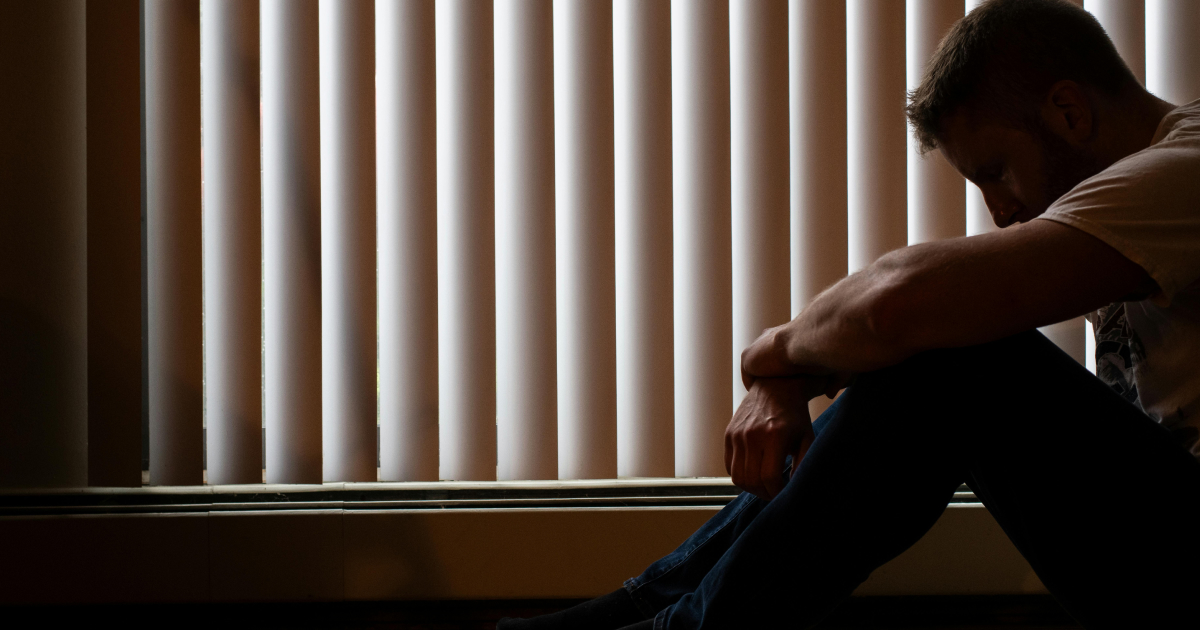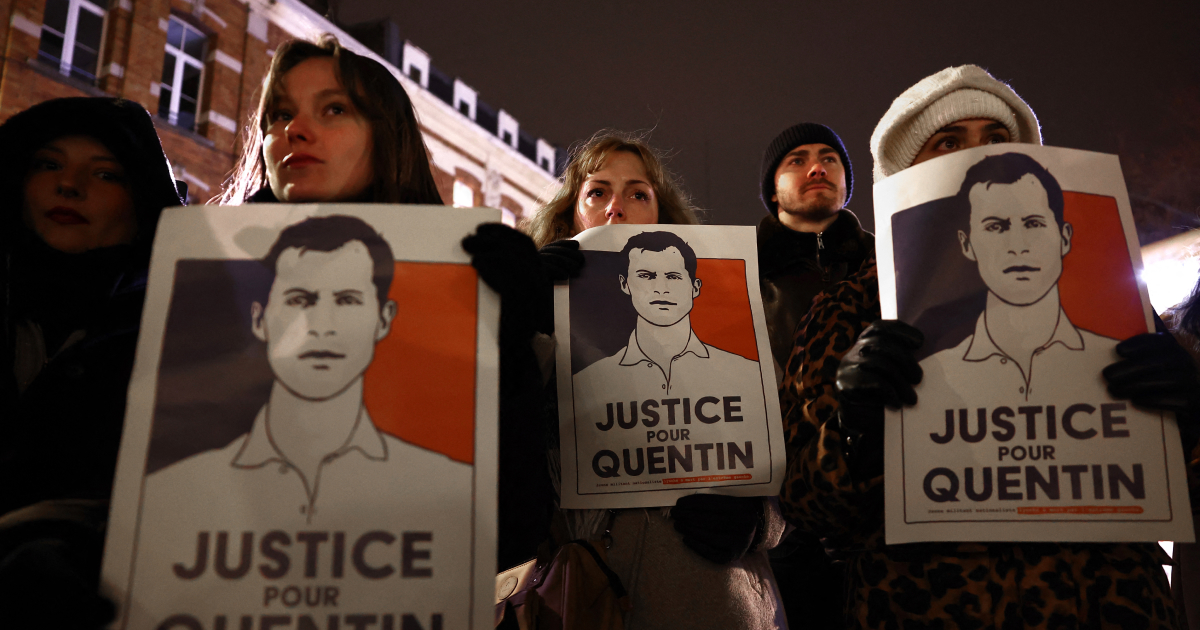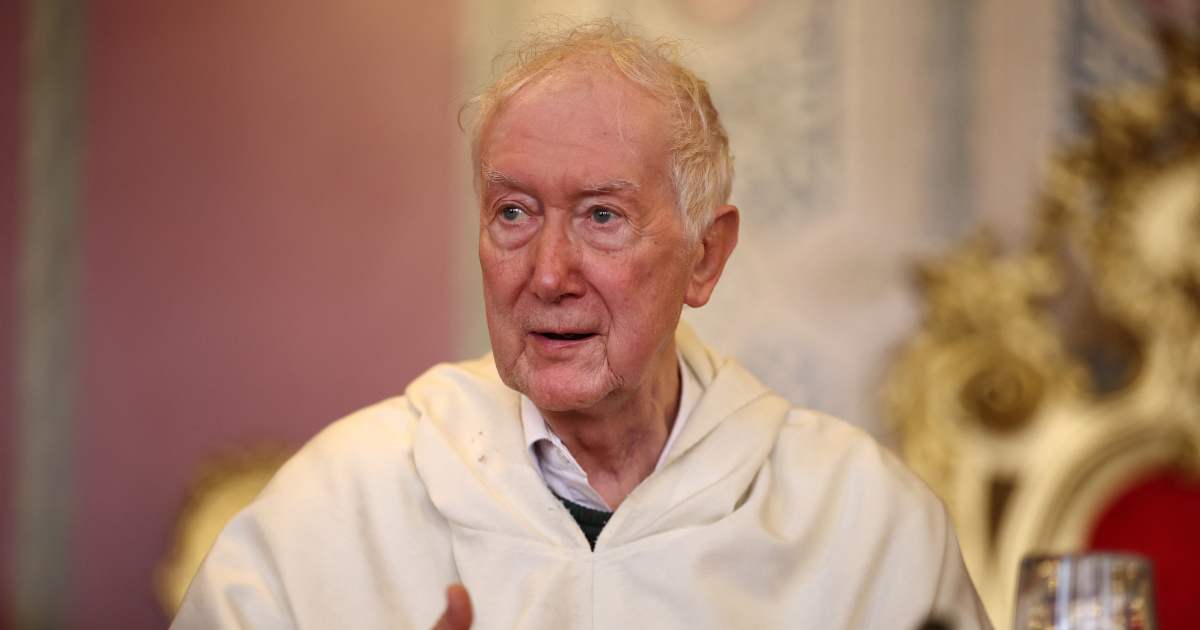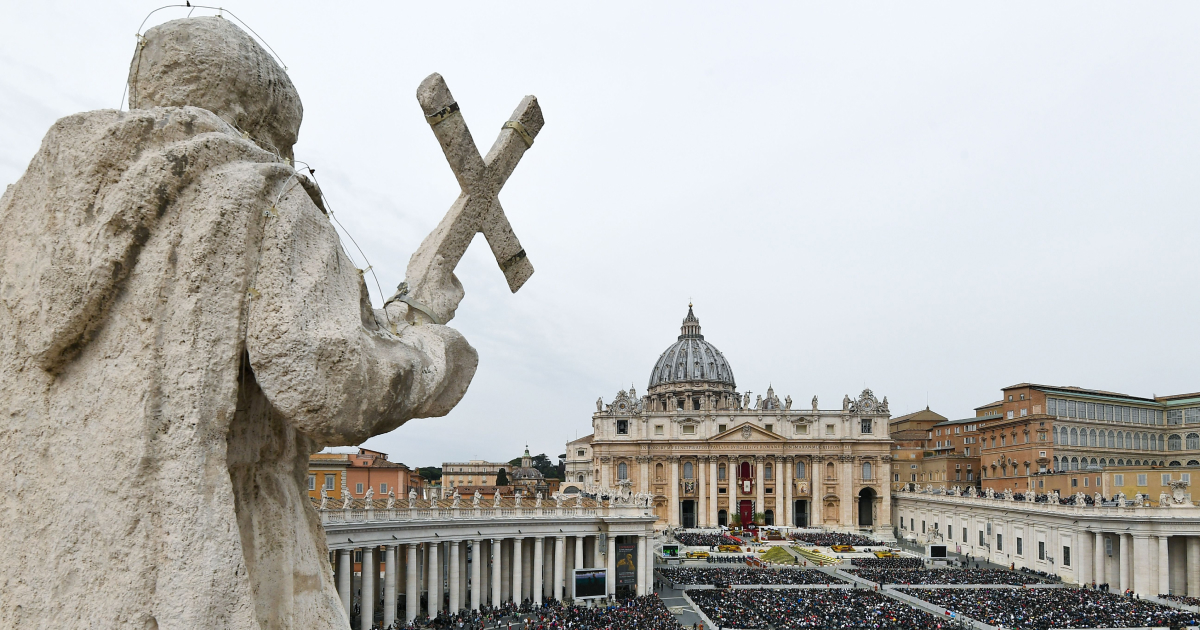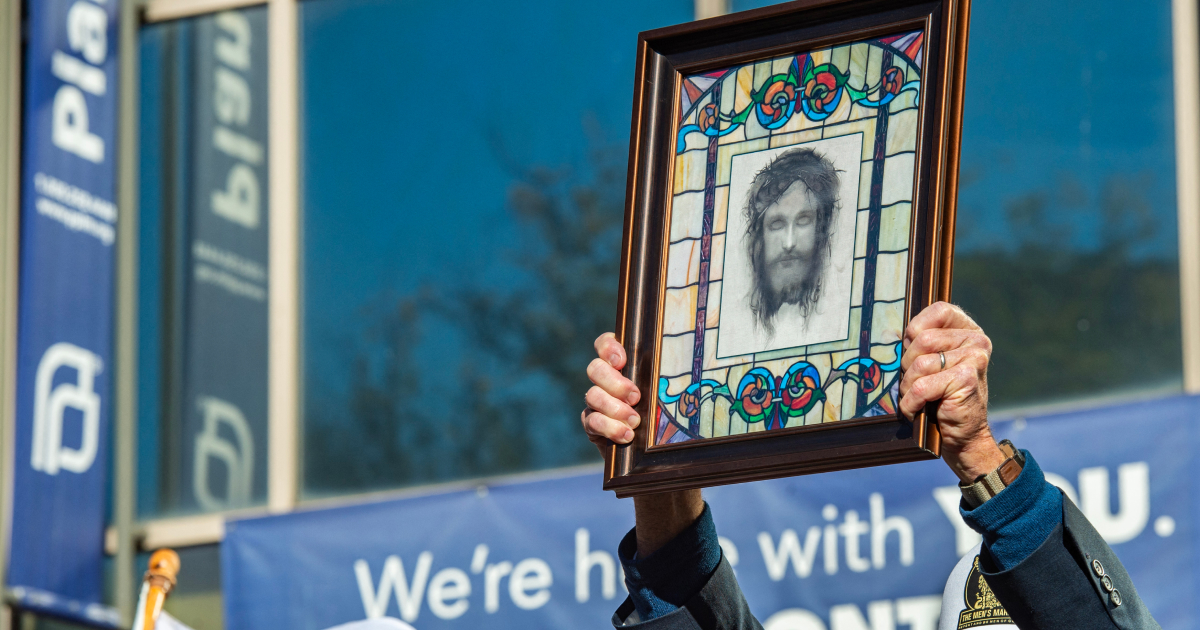Archbishop Paul Coakley has stressed that the plight of migrants remains at the heart of the American bishops’ agenda in a wide-ranging interview.
In an interview with Vatican News following his election as president of the United States Conference of Catholic Bishops (USCCB), he identified immigration as “a burning issue” for the Church in the United States.
He recalled that the country is a nation “built on migration experience” and insisted the bishops must accompany and support immigrant communities as they face fear and uncertainty.
He added that advocacy must match pastoral care. The Church must “advocate for the good of the nation”, he said, ensuring that legal structures permit migrants, including religious workers, to enter and remain with their families. At the same time, he affirmed the need to protect borders and ensure that immigration is “carried out in an orderly fashion”.
Asked how the episcopate might help heal national divisions, Archbishop Coakley drew on the concept of communion. Using a phrase previously employed by Pope Francis, he said the bishops aim to be “agents and instruments of communion that will set an example in our society … that will help stand against the tendency towards increased polarization.”
He acknowledged that disagreement is inevitable. “Disagreement will always be a part of human relations and relations in the Church and within the College of Bishops,” he said, but added that what matters is that we “disagree with reverence and respect, and listen to one another — I think that’s very much a part of the whole focus on synodality.”
On synodality, the archbishop said the US Church is already committed to consultation but must move deeper into listening and dialogue. His simplest description of synodality was that it is “walking together”, which he expanded by saying, “So that’s learning to listen, being willing to engage in dialogue, and learning to cooperate with one another… That sounds almost too simple, but I think that’s the heart of what synodality means.”
He stressed that the Church is not “the Bishop’s Church. It’s not the pastor’s Church. It’s our Church, members of the baptised living in communion with one another, and with those entrusted with leadership.” Through that lens, he said priests and bishops “need to lead the way and show the way”, but the participation of all the faithful is fundamental.
In practice, Archbishop Coakley said this means the US bishops are placing immigrant pastoral work at the centre of their priorities. They are calling for calmer public rhetoric, for legal reform to facilitate family unity and for ensuring that migrants do not live in fear or insecurity.
The bishops’ agenda will continue to emphasise accompaniment of the vulnerable, while also seeking to model communion and respect in a highly polarised society.
Meanwhile, the topic of Eucharistic discipline remains active in the United States. The USCCB has long debated whether Catholic politicians who support abortion rights should be denied Holy Communion. A 2021 meeting of the bishops approved drafting a document on the Eucharist that could have implications for high-profile Catholic public figures. One Vatican prelate reiterated that the decision rests with individual diocesan bishops.
Some dioceses have already taken action. In 2022, for example, the Archbishop of San Francisco barred Speaker Nancy Pelosi from receiving Communion in his diocese on the grounds of “grave evil” and scandal.
On the wider front in Rome, the synodal path continues to move forward — and to face significant scrutiny. The Synod on Synodality, which concluded its general assembly in October 2024, set forth a vision of a Church of communion, participation and mission.
Since then, Vatican-led study groups have published interim reports examining issues such as the participation of women in leadership and the identity of ordained ministry.
One study group reported that it is no longer directly examining the question of women deacons, which has been forwarded to a dedicated commission on the female diaconate.





